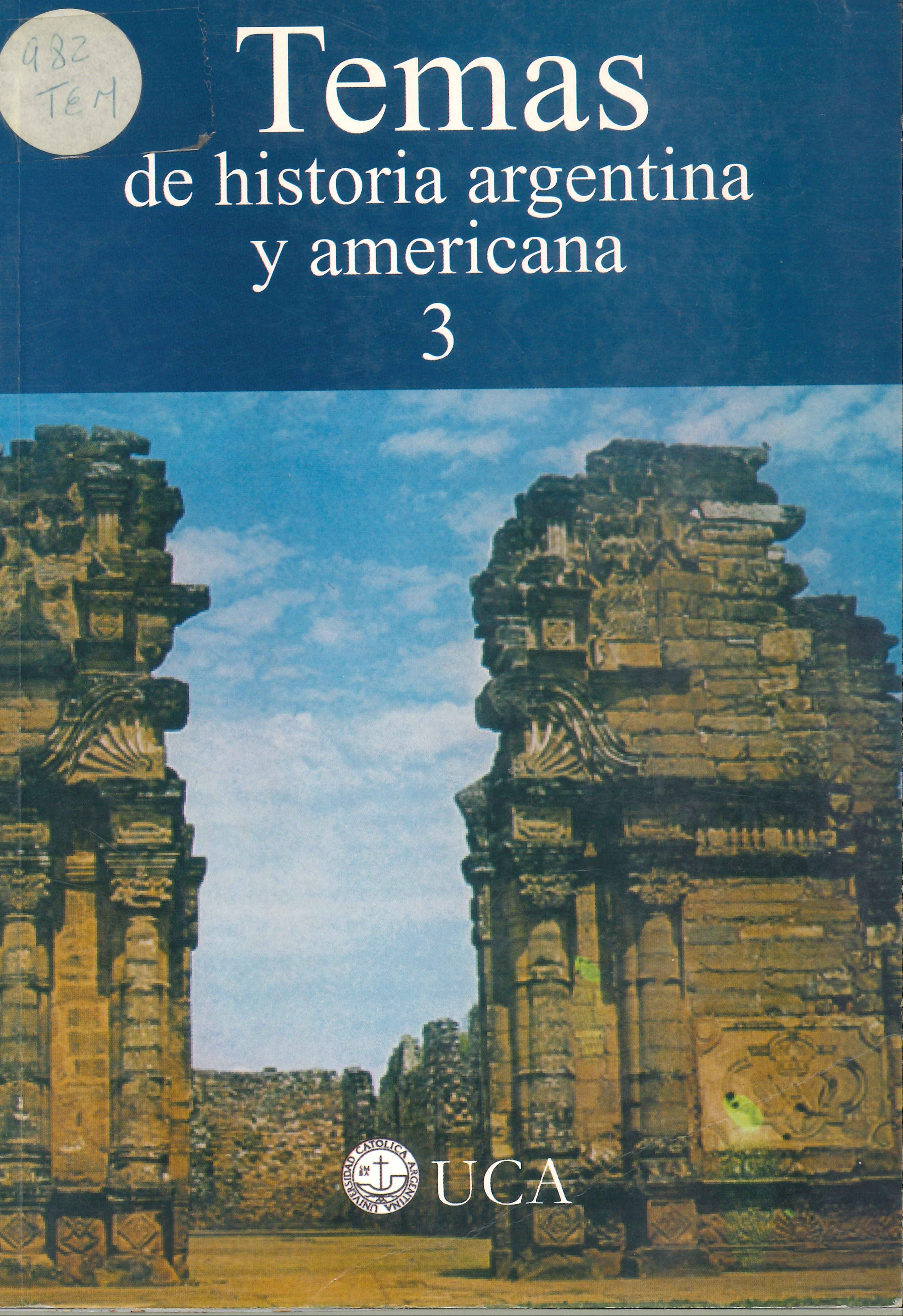Resistencia cultural a un régimen autoritario: el "sonoro" silencio de SUR durante el primer peronismo
Abstract
Victoria Ocampo´s literary review Sur strove to maintain a certain literary standard and remain outside the political fray. This would prove impossible in the politically charged climate of the ’30s and ’40s. Firmly ensconced in the liberal tradition that opposed all manifestations of European totalitarianism –Francoism, Fascism, Nazism– Sur rose in defense of the values of “civilization” and democracy, expressing first its support for the Spanish Republic and then its commitment to the Allied cause. Once the war in Europe came to an end, the joy with which Sur welcomed the triumph of the democracies barely concealed the group’s misgivings over the imminent rise to power in Argentina of Colonel Juan Domingo Perón. Yet, instead of making a clear and definite stand, as was to be expected, Sur maintained an uncharacteristic silence during the Peronist years. This article will show that this silence was, in fact, an eloquent discursive strategy used by Sur in order to express its resistance to an authoritarian regime that they had opposed from the outset.
Downloads
Downloads
Published
How to Cite
Issue
Section
License
Copyright (c) 2003 Rosalie Sitman

This work is licensed under a Creative Commons Attribution-NonCommercial-ShareAlike 4.0 International License.























